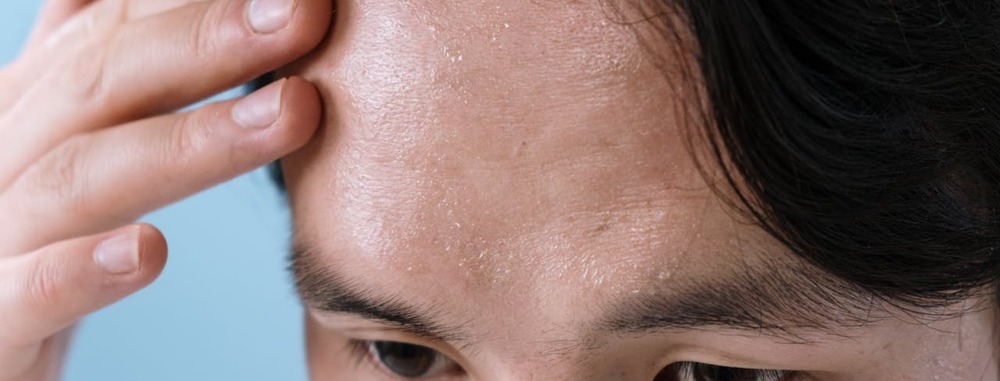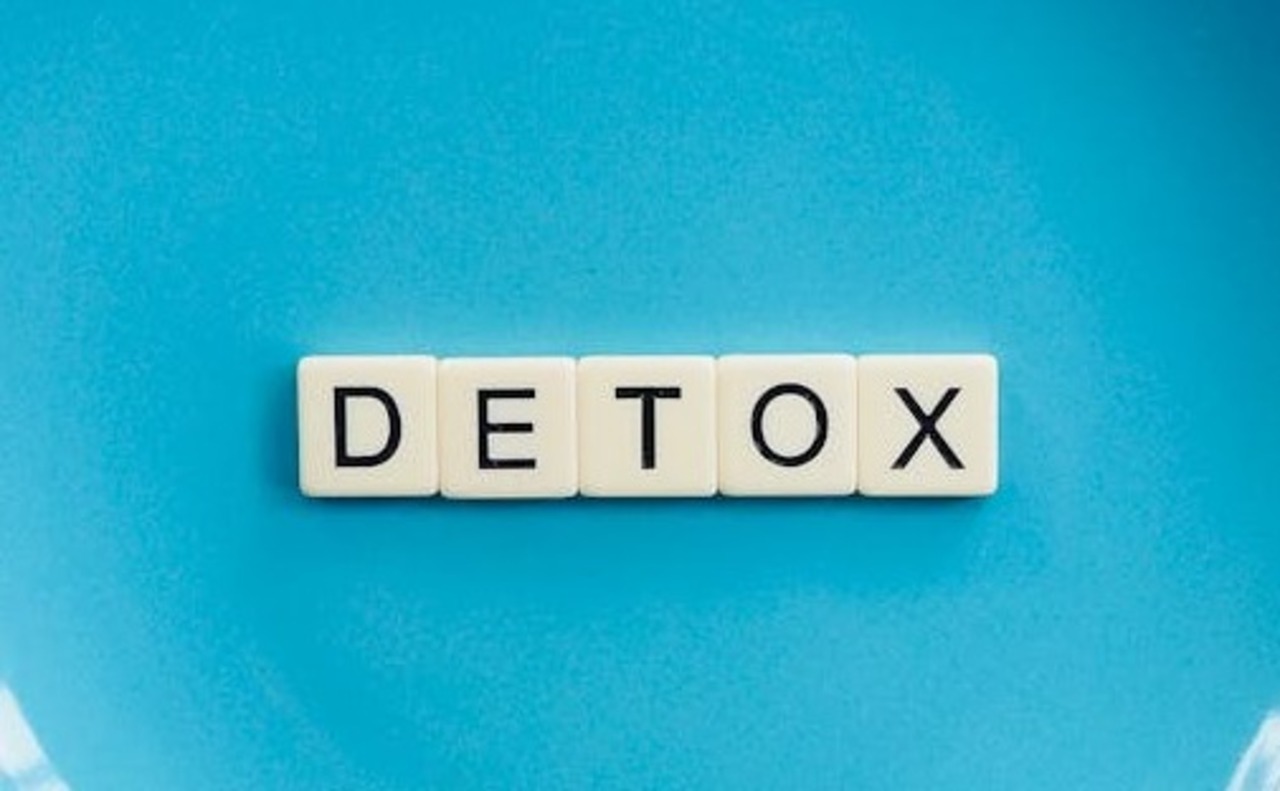Detox is a critical first step on the path to recovery, but it can also be one of the most physically and emotionally challenging phases. Whether detoxing from alcohol, opioids, benzodiazepines, or other substances, it’s essential to understand that withdrawal symptoms are common and can range from mild to severe.
In this guide, we’ll explore the side effects of detoxing, why they occur, and how professional outpatient detox programs like Colorado Medication Assisted Recovery (CMAR) can make the process safer, more comfortable, and more successful.
Why Detoxing Causes Side Effects
Substance use changes how the brain and body function. Over time, the body becomes dependent on the presence of drugs or alcohol to maintain chemical balance. When substance use suddenly stops, the body struggles to reestablish that balance, triggering a range of withdrawal symptoms, which we commonly refer to as the side effects of detoxing.

The severity of these side effects depends on several factors, including:
- Type of substance(s) used
- Length and intensity of use
- Individual health conditions
- Co-occurring mental health disorders
- Whether medical support is provided during detox
Without professional help, detox can be not only uncomfortable but potentially dangerous, especially for substances like alcohol, opioids, and benzodiazepines.
Common Side Effects of Detoxing
The side effects of detoxing can vary widely depending on the substance and the individual, but some of the most common symptoms include:
Physical Side Effects
- Nausea and vomiting
- Sweating and chills
- Muscle aches and pains
- Fatigue and weakness
- Tremors or shaking
- Rapid heart rate
- Changes in blood pressure
- Seizures (especially during alcohol or benzo detox)
- Cravings for the substance
Psychological and Emotional Side Effects
- Anxiety or panic attacks
- Depression
- Irritability or mood swings
- Insomnia or disrupted sleep
- Difficulty concentrating
- Intense emotional distress
In some cases, withdrawal can also lead to more severe symptoms like delirium tremens (DTs) during alcohol detox, or life-threatening complications without medical oversight.

How CMAR Helps Manage the Side Effects of Detoxing
At Colorado Medication Assisted Recovery (CMAR), we specialize in outpatient detox programs that combine clinical expertise, medication-assisted treatment (MAT), and therapeutic support to make the detox process as safe and manageable as possible.
Our outpatient detox program is designed to:
- Ease physical withdrawal symptoms: Using FDA-approved medications such as Suboxone, Sublocade, and Vivitrol to minimize discomfort and reduce cravings.
- Support mental health: Integrating therapy sessions to address anxiety, depression, trauma, and other emotional challenges during detox.
- Provide daily medical monitoring: Our experienced team closely supervises patients, adjusting medications and providing care based on real-time needs.
- Offer flexible, accessible care: morning, afternoon, and evening appointments, plus telehealth options, help clients stay connected to support while balancing work and family responsibilities.
- Ensure a seamless transition: After detox, clients can easily move into our IOP or PHP programs for ongoing care and relapse prevention.
Professional support can make a world of difference, helping you avoid the most severe side effects of detoxing and providing the best possible foundation for lasting recovery.
When Are the Side Effects of Detoxing Dangerous?
While many withdrawal symptoms are uncomfortable but manageable, certain warning signs during detox require immediate medical attention, including:
- Severe confusion or hallucinations
- High fever
- Rapid or irregular heartbeat
- Seizures
- Intense vomiting or diarrhea leading to dehydration
- Loss of consciousness
This is why medically supervised detox is crucial, especially for individuals withdrawing from alcohol, opioids, benzodiazepines, or multiple substances.
At CMAR, our outpatient detox team is trained to recognize and respond to these complications quickly, ensuring your safety every step of the way.

Why Professional Outpatient Detox Matters
Attempting detox alone, or “going cold turkey,” can increase your risk of relapse, severe withdrawal symptoms, and even life-threatening events. Professional outpatient detox at CMAR offers:
- A safer, medically monitored environment
- Access to medications that ease withdrawal
- Emotional support to navigate the psychological side effects
- A personalized treatment plan that adapts to your needs
- A smoother transition into ongoing therapy and recovery services
Your recovery journey deserves the right start. Choosing a supportive, expert-led detox program makes all the difference in achieving long-term success.
Start Your Recovery Journey Today
Understanding the side effects of detoxing is a crucial step in making informed, healthy decisions about recovery. At Colorado Medication Assisted Recovery, we’re here to help you detox safely, comfortably, and successfully—with the support and compassion you deserve.



















































